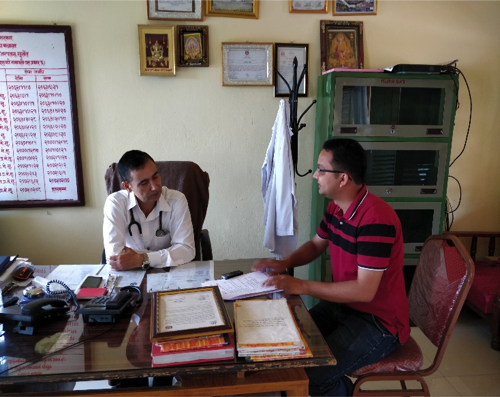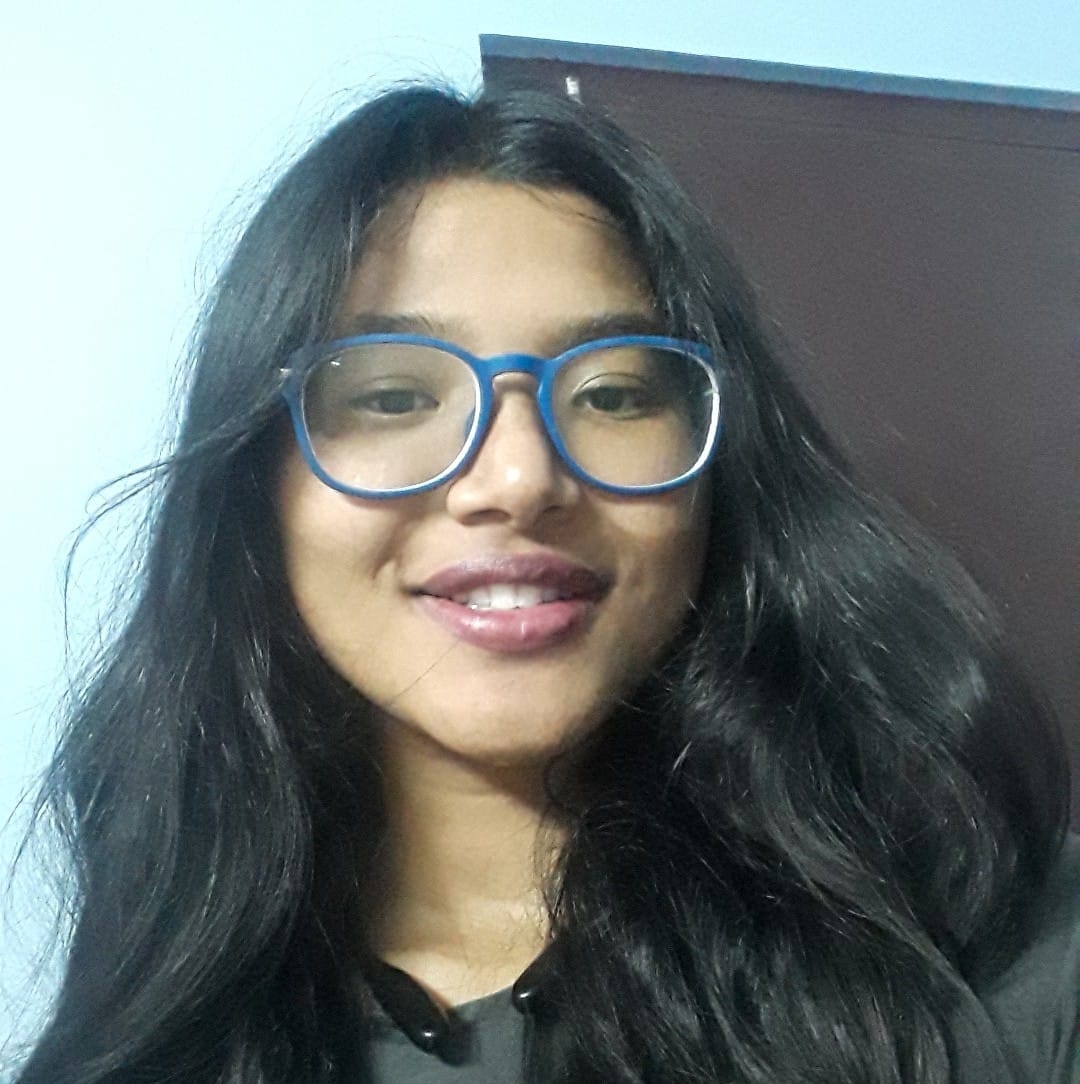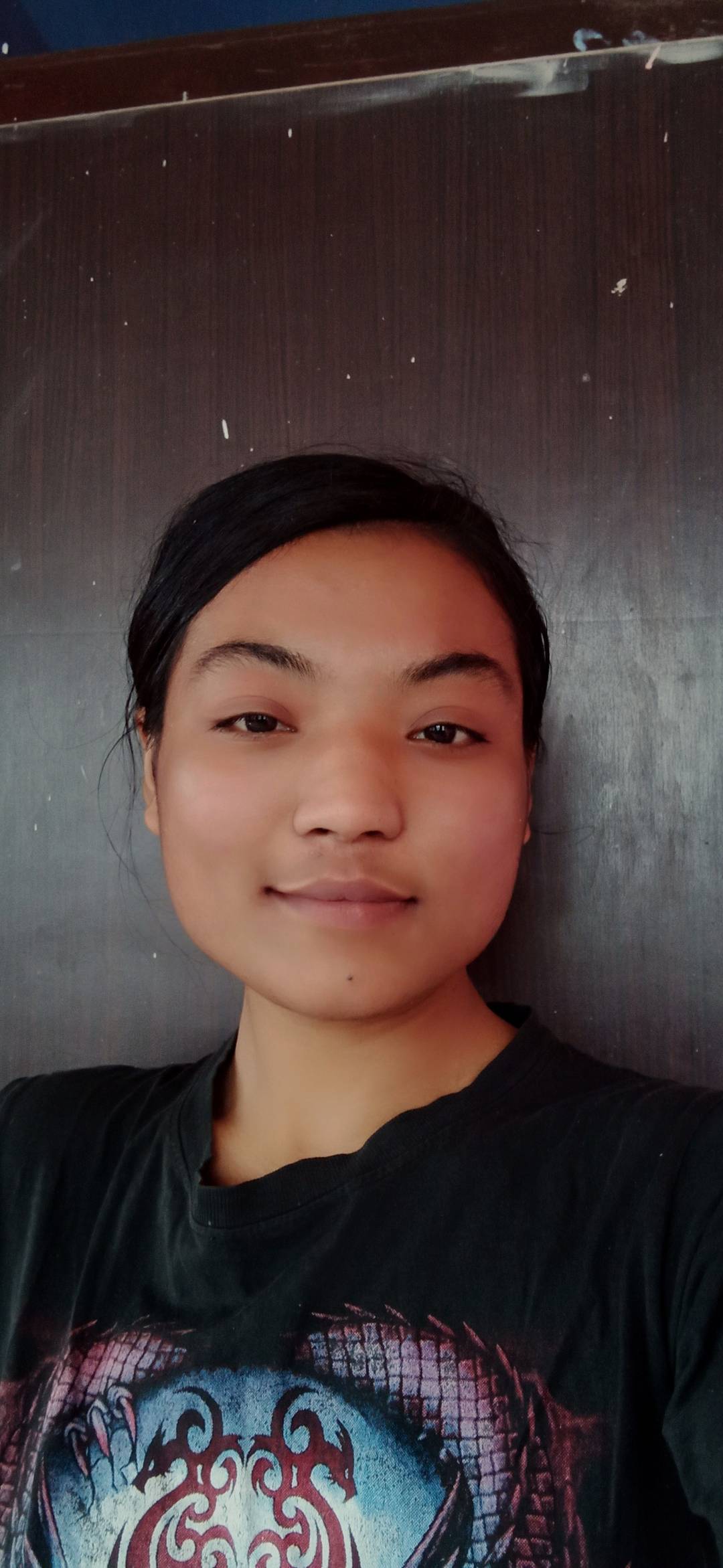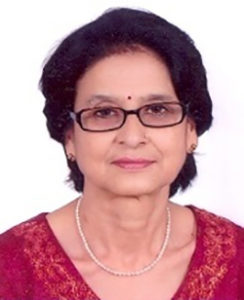Numbers is not always decision maker but the knowledge: Experience on Process Evaluation of NePriQIP
After graduating on epidemiology, I used to feel that every research would be worthless if it is devoid of numbers and statistics. It was my belief; that research should provide evidence in quantitative measures. I did not know this will happen to me for whom everything was p-value, measure of central tendency, associations, bivariate and multivariate analysis and so on. The syntax of STATA and clicks of SPSS were the engineer of my result sections. But, these all ideas were not going with me now onward.
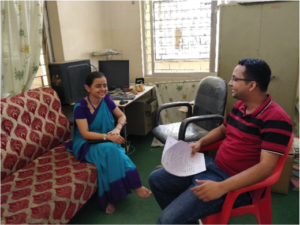
I still can’t believe, this exactly happened to me. I conducted series of in depth Interviews for a National Level Study. Apart from interviewing, I was bestowed with the responsibility of writing the guideline, obtaining the ethical approval from Nepal Health Research Council, pilot testing the guideline and much more. I could sense of myself mastering on qualitative research this time. I geared myself in talking to people in wider way for exploring perception, belief, practices and hidden realities.
My qualitative voyage first started with pilot testing of guidelines in Trishuli Hospital of Nuwakot with Omkar Basnet whereby I was bestowed with the responsibility of overall research activities. Based on the results of the pilot testing, we made some minor changes in the questionnaires. As per the movement plan, we headed towards our first destination, Pokhara in Western Regional Hospital, one of the big sized intervened hospital in Nepal Perinatal Quality Improvement Project(NePeriQIP). Later the next day, Prof. Madhusudan Subedi and I commenced the process evaluation with Focus Group Discussion, in depth interview. As per the guideline, observation of progress board and PDSA meeting minutes was done. Then, we moved toward our next station Bharatpur Hospital, Chitwan whereby we conducted the same as in Pokhara.
As per our schedule, I and Elisha Joshi then took off to Surkhet. After an hour of flight through Buddha air, we reached the panoramic valley of Surkhet. After reaching there, we could see that that the hospital was referral hub for many people of far and mid-western Nepal. Then, with brief introduction, we started our work. I guess it is the beauty of the qualitative research that we could explore so much about the neonatal mortality and morbidity in the region apart from the information guided by our protocol.
Three days of work cum entertainment exploring the hidden realities, we then moved towards Bardiya Hospital for next session. On the way, we could see beautiful views of mountains plus we also relished the delicious fish of Babai river. Next day, we headed on the mission to complete the process evaluation of Bardiya hospital and finally we did it. Luckily cool weather and meeting with colleagues, enjoying the famous food the stay in Nepaljung, can’t be summarized in words.
The next day, early in the morning we set off for Dhangadhi the last hospital to visit. On the way, we passed through the Bardiya national parks where we could see many animals on road. We enjoyed the fish of Karnali river on the way. After 6 hours of ride, we finally reached to Dhangadhi. The temperature was not as we could enjoy anything. It was super-hot and humid. Even drinking a chilled coke could not ease our suffering at 42-degree temperature. We then visited Seti Zonal hospital for planning for the next day. We then worked diligently and completed the evaluation and headed back home after 2 days.\
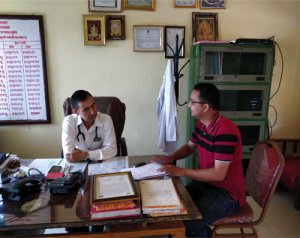
As a whole, travelling from east to west we collected a lot of information not only about NePeriQIP but also of information about culture, practices, settings, challenges, recommendation along with ever lasting memory as a qualitative researcher. The practices of newborn care at home, referral system, satisfactions, closeness with mother and father, status of hospital were other interesting things to know. For process evaluation, we had to adhere on MRC framework of process evaluation but for a fun, there was whole world and for generating the knowledge there was whole Nepal. Thus, process evaluation was completed with full of memories and skills on qualitative research. At last, I would like to thank Elisha Joshi, Omkar Basnet and Prof Madhusudan Subedi and all the participants of the study for being with me throughout the journey.

